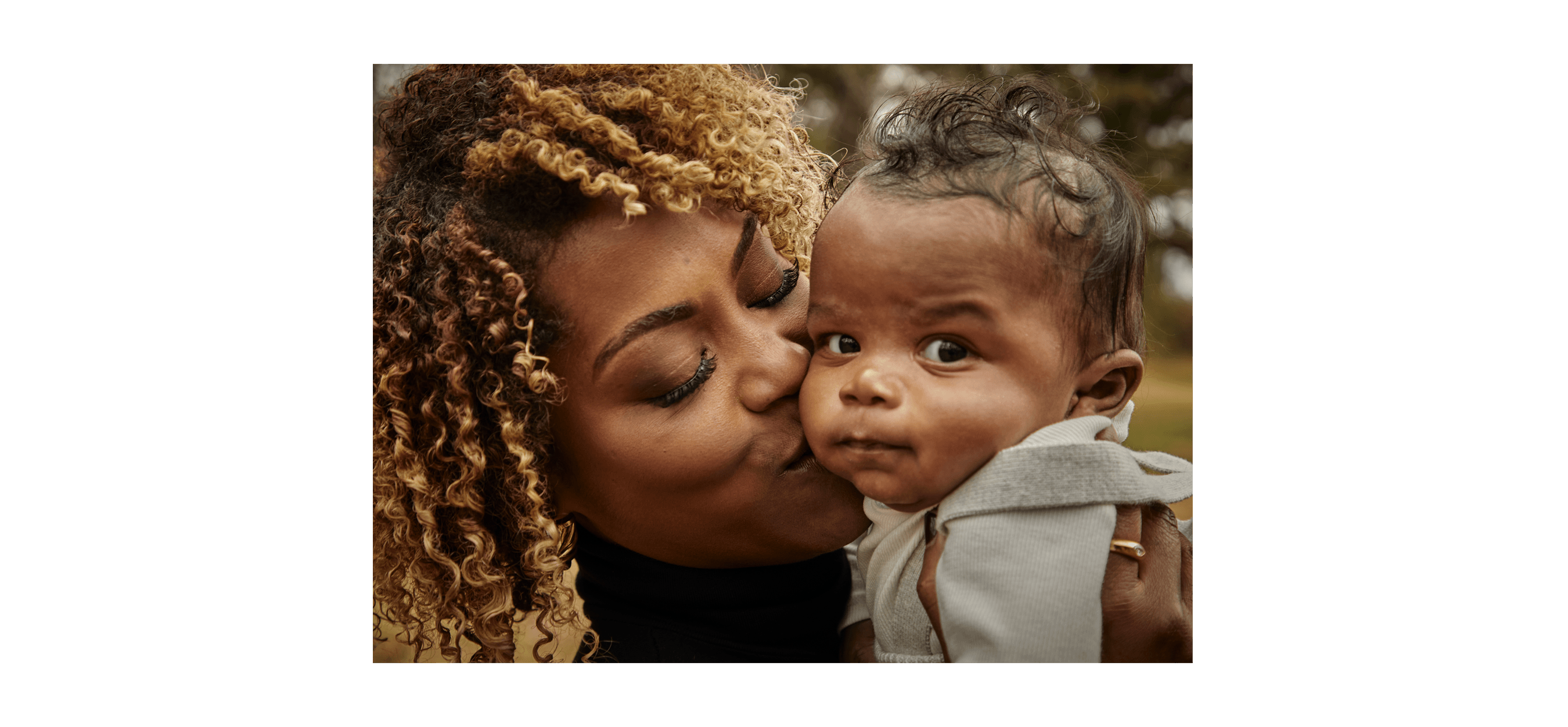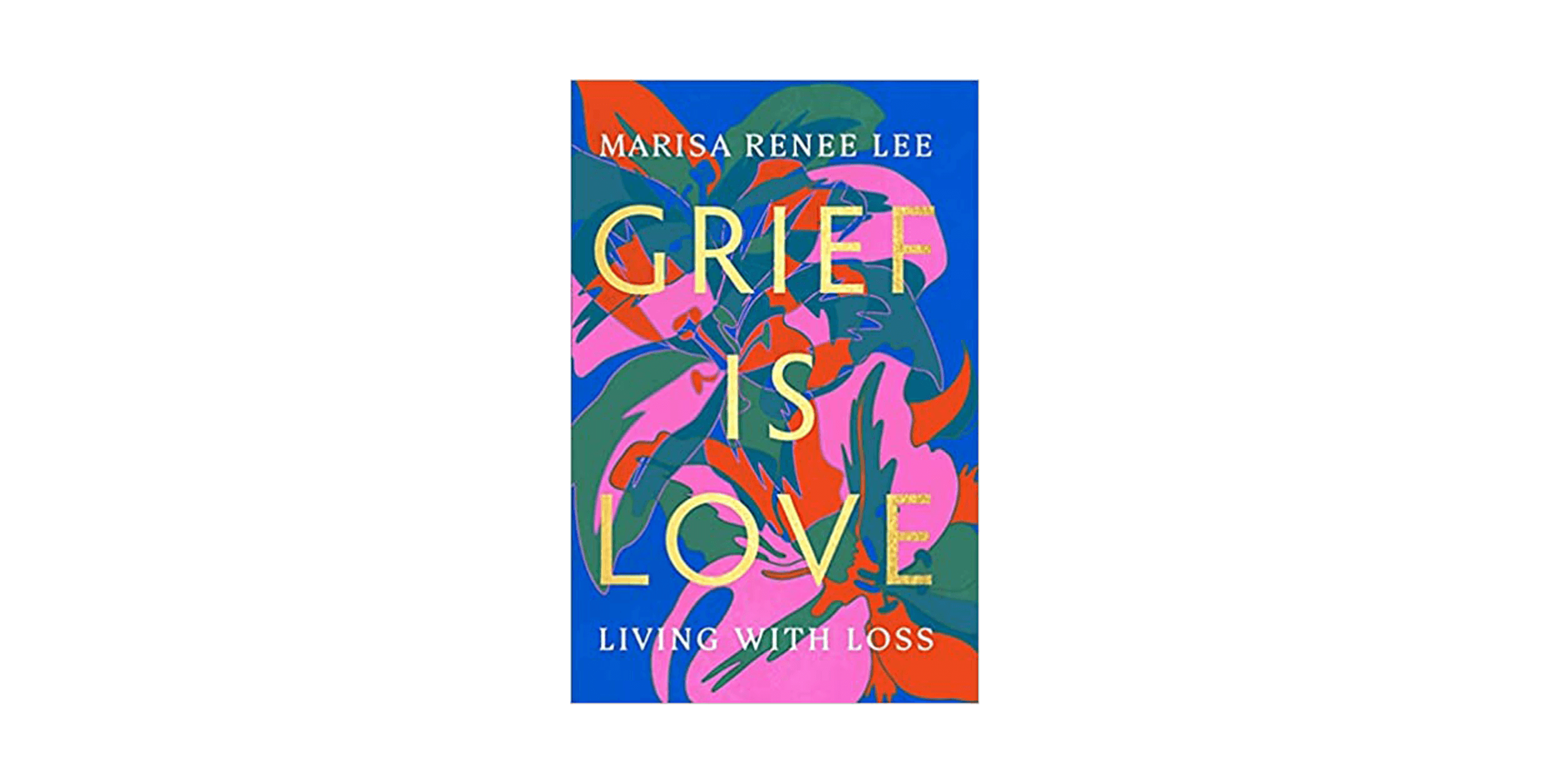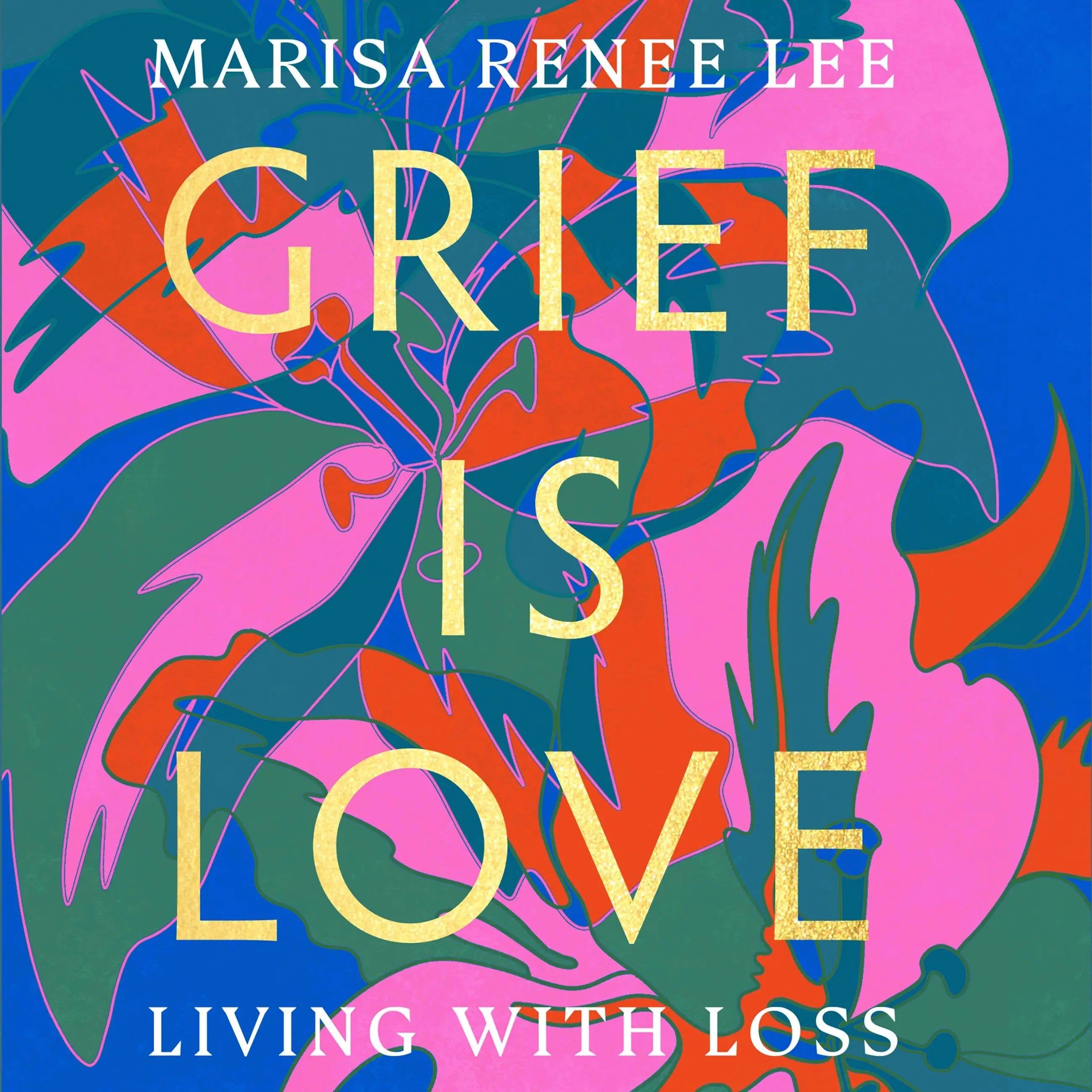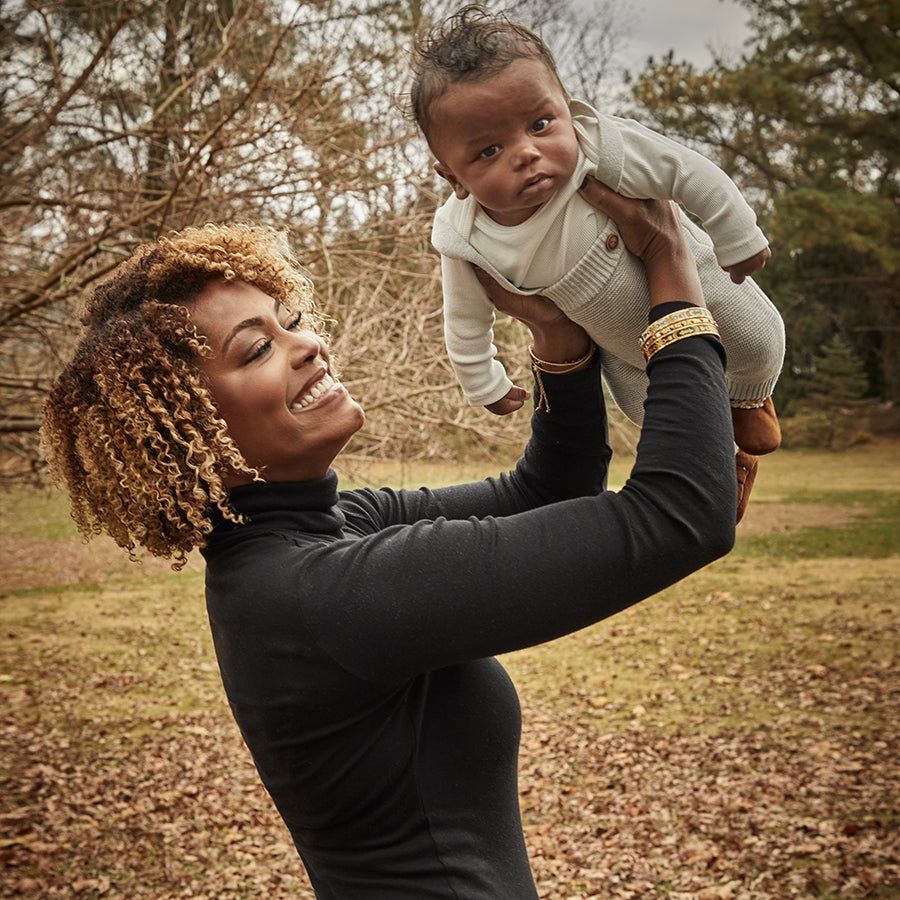
It's Personal
Why I Gave Up My Dream of Pregnancy To Mother Myself
In an excerpt from her remarkable new book 'Grief Is Love,' she brings us back to the moment she chooses to stop trying to become pregnant. Grieving a miscarriage and informed by her experience as a Black woman, Marisa reflects on what she needed to do to care for herself before she could grow her family.
- Photography
- David Needleman
- Written By
- Marisa Renee Lee
In November of 2019, three months after our pregnancy loss, I decided I needed to put myself and my care first. As I crawled off an examination table and onto the floor in an empty gynecologist’s office, I told myself, “I can’t keep doing this. I’m just not strong enough.”
" That is the moment I realized I had hit rock bottom in my pregnancy journey. I needed to stop trying to become pregnant and focus on myself."
That is the moment I realized I had hit rock bottom in my pregnancy journey. I needed to stop trying to become pregnant and focus on myself. Months after our loss, I was still physically ill. I was at my doctor’s office having tests run, blood drawn, and enduring another invasive examination. Physical exams had become a near weekly occurrence, and I was having more vaginal ultrasounds than I could count—sometimes every few days. After several weeks of heavy and unexplained bleeding, I begged a nurse to fit me in with an n-call doctor at my gynecologist’s office. They’d squeezed me in during the lunch hour. Following a brief and painful physical exam, the doctor admitted he couldn’t definitively identify the source of my bleeding, so to be safe, he needed to test me for uterine cancer. Could I really have cancer after enduring all this other shit? I thought. That would be too cruel. Given all the physical and mental suffering I had recently experienced, it couldn’t possibly be that bad.
They proceeded with an unmedicated endometrial biopsy to be safe. I knew it would be super painful when the nurse offered me her hand to hold. It was much worse than anything I could fathom. They dilated my cervix, ironically what happens natually at the beginning of labor, and then suctioned samples from my uterus out of my body as I lay on the table, attempting to breathe and distract myself by digging my nails into my own hand.
Following the procedure, the doctors and nurses left, and I was alone. I wanted to throw up or pass out, but I just lay there on the table, bleeding and sobbing silently. I didn’t know exactly what would come next on our path to parenthood. I knew there would be more tears, frustration, and disappointment for sure, but as I crawled off that examination table and onto the floor, I made a firm decision.
"There would be no more attempts at pregnancy for me. No more fertility treatments. No more being poked and prodded on a near-daily basis. No more praying for a positive pregnancy test. Pregnancy was officially off the table for me. I just couldn’t do it. It was time to take a break from trying to become a mother and instead focus on mothering myself."
I needed to embrace self-care, a concept I had always struggled with. I needed to do what Black women have been doing for others for years: I became a caretaker, but I became one for myself.
The moment I said no to my dream of pregnancy and motherhood and yes to caring for myself was not a moment of peaceful acceptance. I was embarrassed by my decision, uncomfortable with what felt like a selfish choice, and once again I felt like a loser. I hated myself for it. Why couldn’t I just keep moving forward? Pressing pause on my dream of motherhood, on this thing I had desired and worked to accomplish for years, to take care of myself, felt weak and pitiful. I felt guilty for my inability to continue to sacrifice my mind and body for this child that my husband and I so desperately wanted.
Choosing yourself and the care you need feels selfish and, at times, irrational, especially if it comes at the expense of a long-held dream. If you lost your spouse three months ago and choose to prioritize your care over the big promotion you were just offered, it might feel counterintuitive or just plain wrong, but it’s not wrong; it’s just not what we are used to. Like most of us, I wasn’t raised to prioritize caring for myself, and when I did “care” for myself, it was usually in superficial or indulgent ways. I would buy a new dress or get my hair done, but nothing deeper or more intentional or thoughtful.
"There is this standard playbook for self-care sold by social media influencers and motivational “experts,” but care is really all about you and what you need in order to love and take care of your inner self. It means caring enough about yourself to take the time to access the things that make you feel whole."
What you need to be your version of complete. There will always be a sense of absence, a piece missing, a longing for what you’ve lost, but there is also a pathway to wholeness, but only if you give yourself the care that you need.


Find Grief Is Love: Living with Loss by Marisa Renee Lee at Bookshop.org or your local bookstore. Marisa also shared a love story to Bennett with us in honor of Valentine's Day that will resonate with parents anxious to believe in their own happily ever after.
Marisa Renee Lee

Marisa Renee Lee is a writer, speaker, and entrepreneur.
To know Marisa is to know her mother Lisa. Marisa served as a caretaker for Lisa who had MS and ultimately died from breast cancer in 2008. Marisa has also battled infertility and pregnancy loss, and these experiences have taught her that grief is really just another form of love. In Grief is Love, she reveals that healing does not mean moving on after losing a loved one—healing means learning to acknowledge and create space for your grief. In advance praise, Elaine Welteroth wrote that "Grief is Love is the closest many of us will get to understanding eternal love for another."
In addition to her writing, she has served as the founder of several organizations, including Beacon Advisors, a social impact consulting firm, and supportal, a platform that makes it easy to respond when someone you care about faces a life-changing challenge.